Shares of global health security have taken a significant leap forward in recent years, with scientists and medical professionals now possessing the tools to detect, treat, and stop pathogens that could potentially cause widespread illness and death. According to Stephanie Psaki, a distinguished senior fellow at the Brown University School of Public Health, for the first time in history, humanity has the opportunity to stop the next pandemic.
Psaki, who served as special assistant to the president and inaugural US coordinator for global health security at the National Security Council during the Biden administration, emphasized that the question is no longer whether we can prevent the next pandemic, but whether we will. "We have an opportunity to stop the next pandemic, and we're not acting like it," she said in an interview. "The tools are there, the knowledge is there, but we need to take action to prevent the next pandemic."
The shift in global health security has been significant, with scientists and medical professionals now able to detect and respond to outbreaks more quickly and effectively. According to Psaki, this is due in part to advances in science and technology, as well as increased international cooperation and coordination. "We've made tremendous progress in recent years, but we still have a long way to go," she said. "We need to continue to invest in global health security and work together to prevent the next pandemic."
The concept of pandemics as a choice is not new, but it has gained increased attention in recent years as the world grapples with the ongoing COVID-19 pandemic. According to Dr. Maria Van Kerkhove, a leading epidemiologist and COVID-19 response expert, the pandemic has highlighted the importance of global health security and the need for coordinated international action. "The COVID-19 pandemic has shown us that pandemics are not just a matter of chance, but a result of human behavior and decision-making," she said.
The COVID-19 pandemic has also highlighted the importance of preparedness and response, with many countries struggling to contain the spread of the virus. According to Psaki, this has led to a renewed focus on global health security and the need for countries to invest in preparedness and response measures. "We need to be prepared for the next pandemic, and that means investing in global health security and working together to prevent it," she said.
As the world looks to the future, there are signs of progress, with many countries investing in global health security and working together to prevent the next pandemic. According to Psaki, this is a critical step forward, but it is only the beginning. "We have an opportunity to stop the next pandemic, and we need to take action to make it happen," she said.
In the meantime, the international community is working to strengthen global health security and prevent the next pandemic. According to the World Health Organization, this includes investing in preparedness and response measures, as well as improving global surveillance and coordination. "We are working tirelessly to strengthen global health security and prevent the next pandemic," said a WHO spokesperson. "We need the support of all countries to make this happen."
The future of global health security is uncertain, but one thing is clear: the tools are there to prevent the next pandemic. According to Psaki, it is now up to governments, international organizations, and individuals to take action and make it happen. "We have the opportunity to stop the next pandemic, and we need to take it," she said.
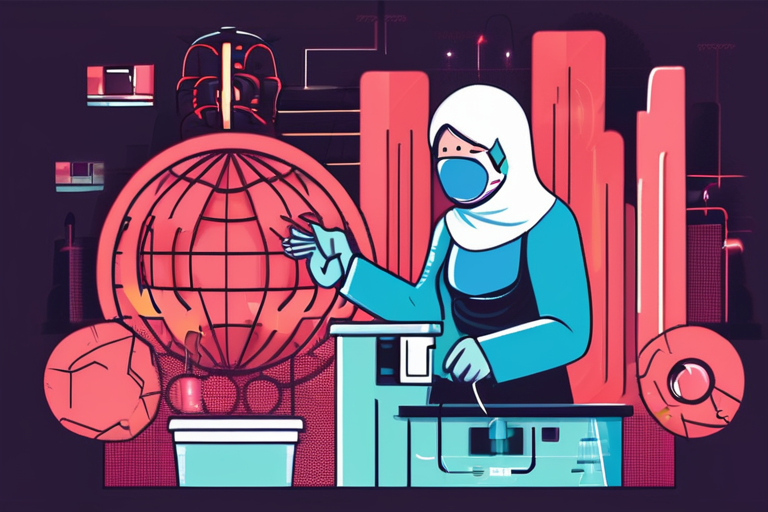


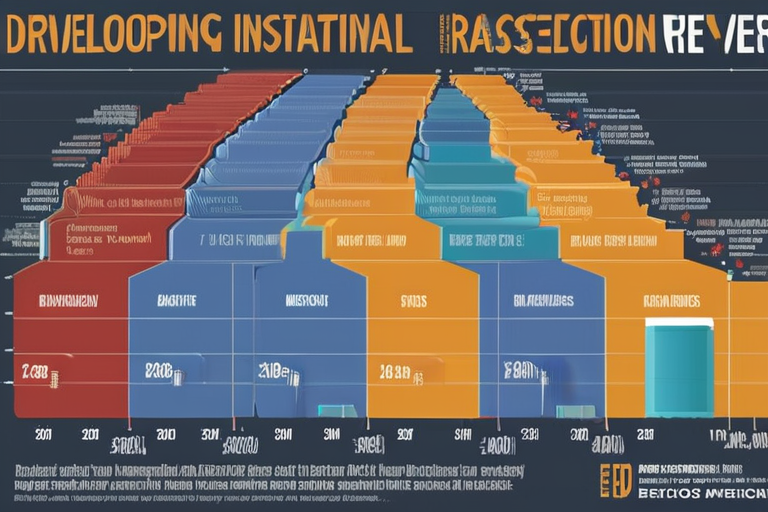
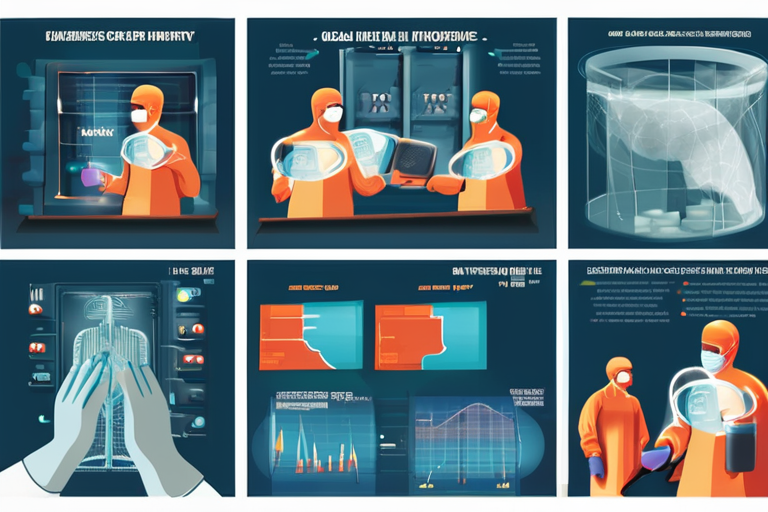
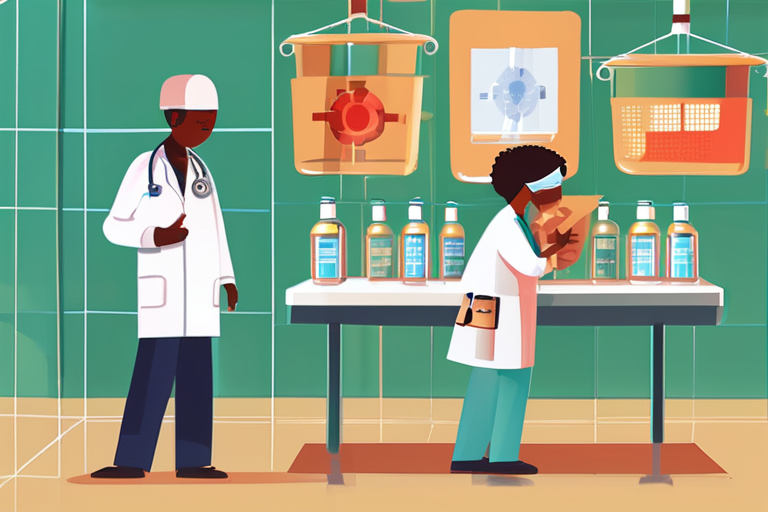
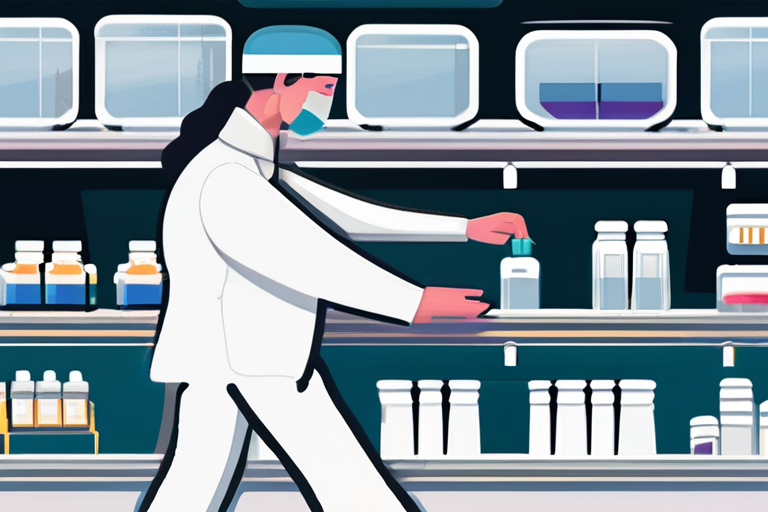

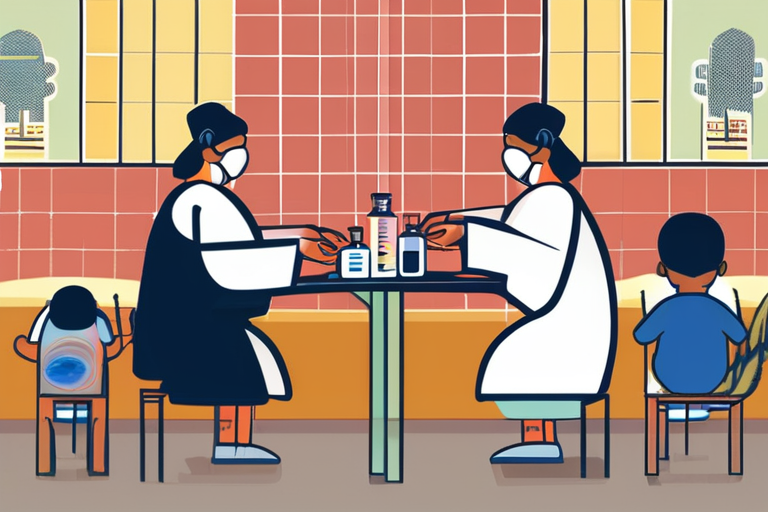
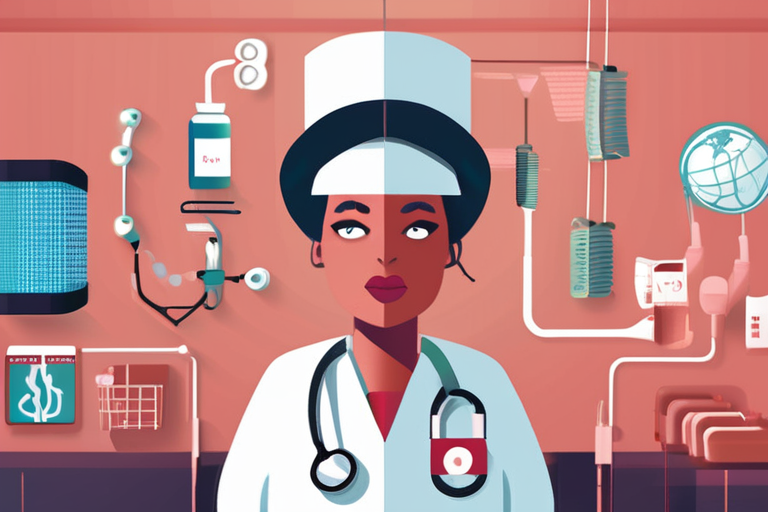


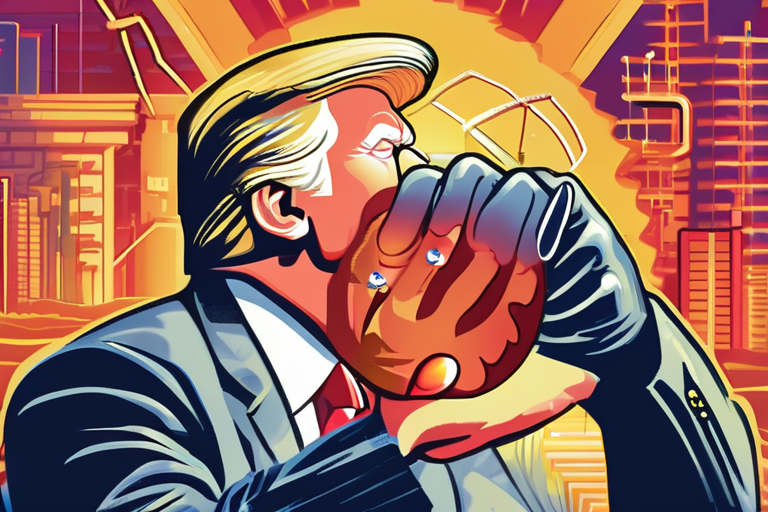

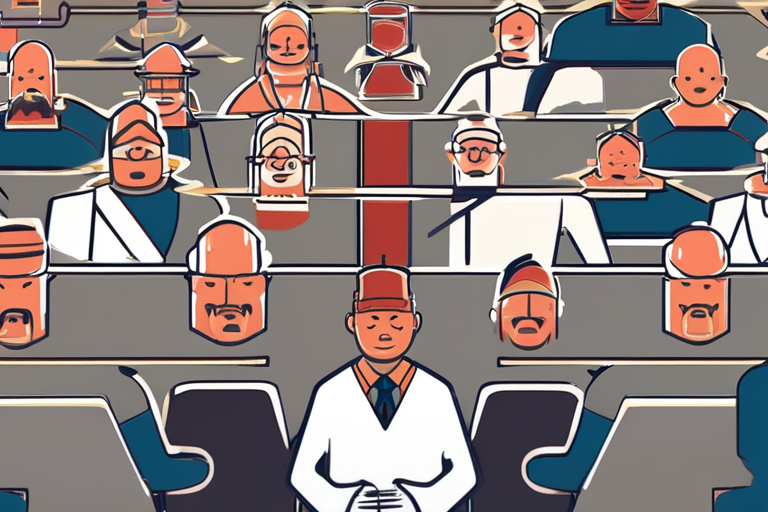

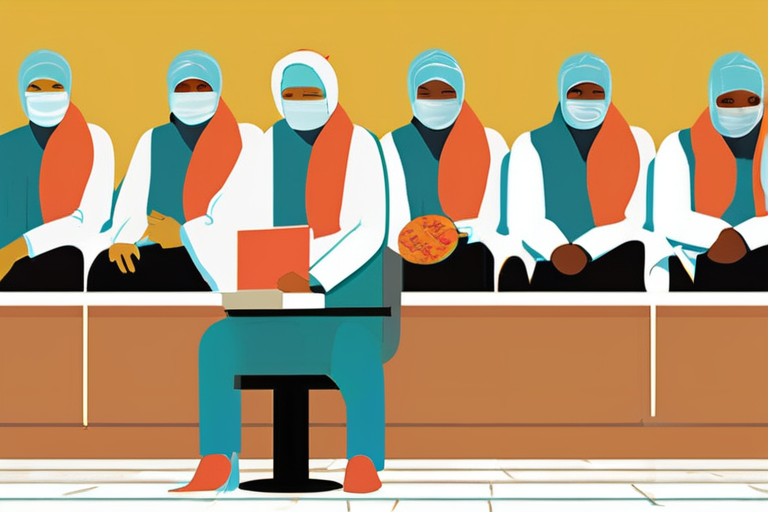

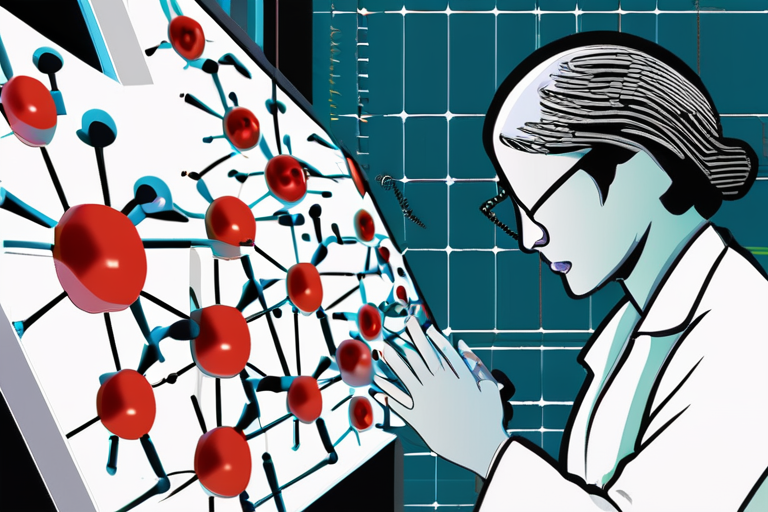

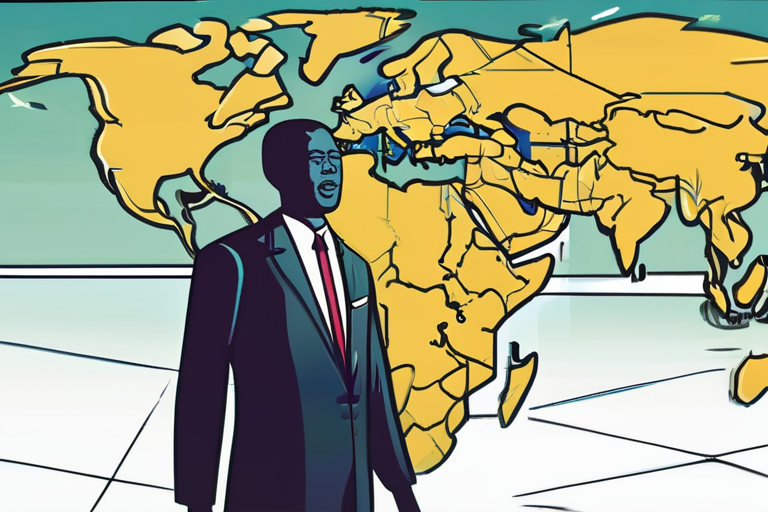

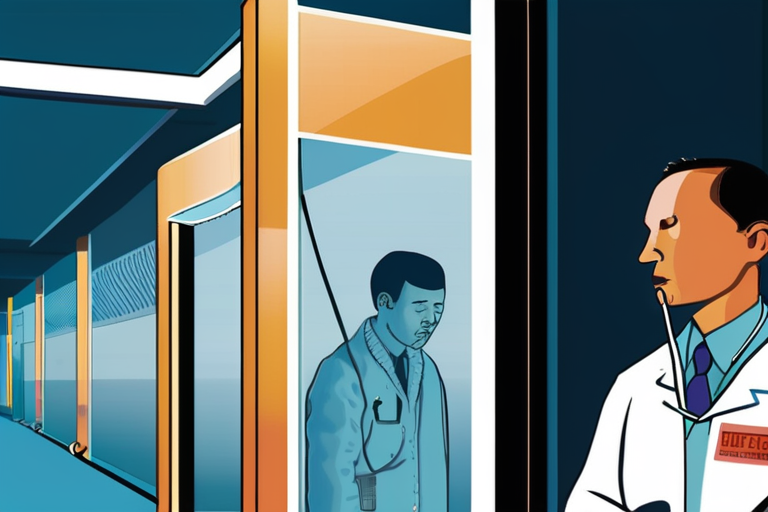
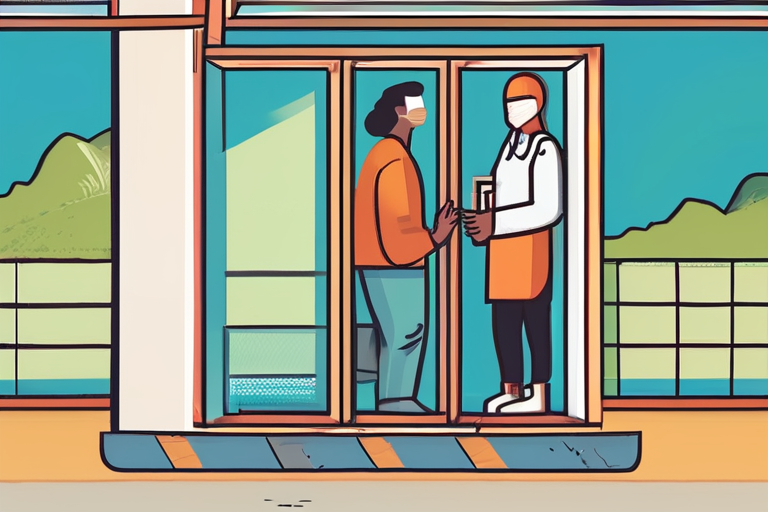
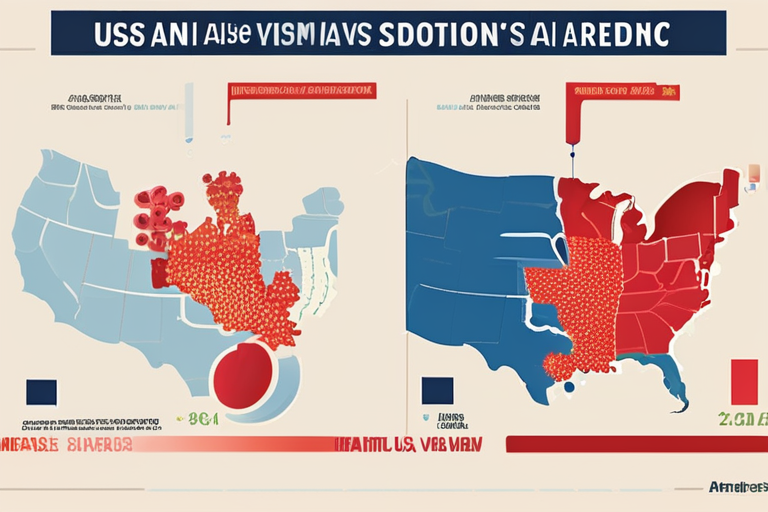
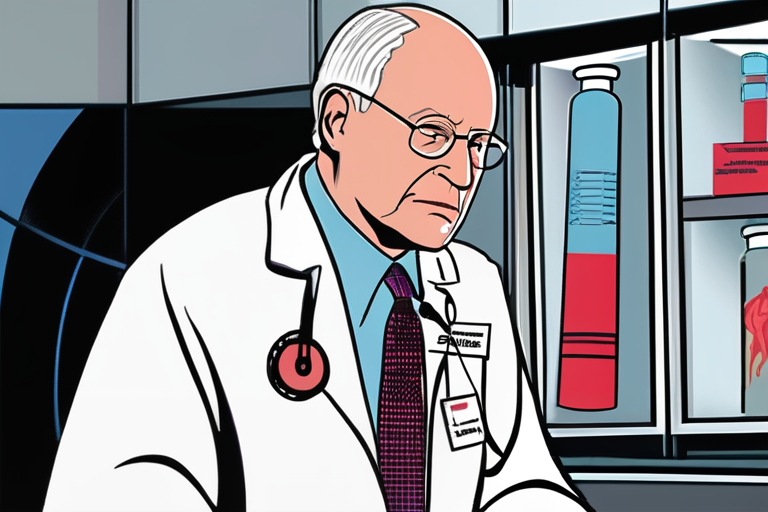

Share & Engage Share
Share this article